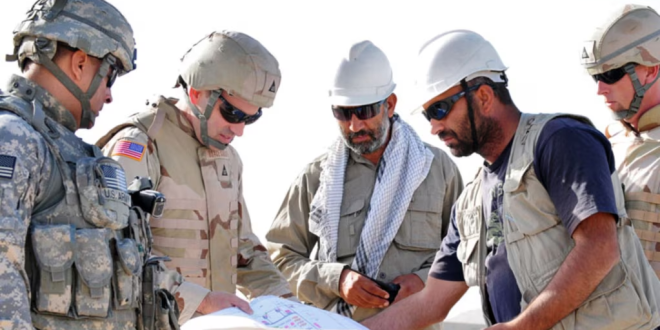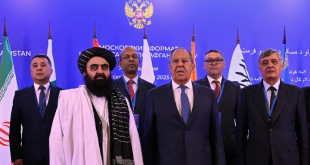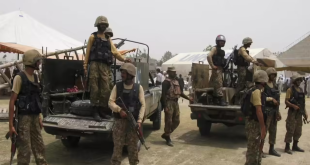KABUL — America’s $146 billion nation-building effort in Afghanistan is ending not with a victory, but a blistering audit. In its final report to Congress, the U.S. Special Inspector General for Afghanistan Reconstruction (SIGAR) has painted a devastating portrait of the 20-year Western intervention — a campaign riddled with waste, corruption, and strategic blindness that left little lasting impact as the Taliban surged back to power.
The 99-page report, released July 30, lays bare how billions in taxpayer dollars were funneled into projects the Afghan government didn’t want, couldn’t sustain, or never used — including $26 million in border police compounds now abandoned or used as chicken coops. SIGAR concluded that Western priorities consistently overlooked governance and accountability, instead fueling a system that “rewarded corruption and punished transparency.”
“For years, SIGAR showed us where things were going wrong,” said Orzala Nemat, a senior fellow at London’s Royal United Services Institute. “But the warnings were ignored until it was too late.”
The report is equally critical of the Trump administration’s abrupt aid cuts. Key humanitarian programs — from food aid to shelters for trafficking survivors — were canceled with little warning and no explanation, according to U.S. officials cited in the report. The dismantling of USAID’s operations this year, prompted by an executive order claiming the foreign aid system was “antithetical to American values,” has left thousands of vulnerable Afghans without support.
SIGAR also raised red flags over reports of Taliban intelligence forces forcibly seizing U.S.-funded property — including military-grade equipment — as projects wound down. While U.S. agencies in Washington downplayed the claims, local partners described armed raids, staff detentions, and confiscated assets.
Former President Donald Trump, who ordered the 2021 withdrawal, has repeatedly demanded the Taliban return billions in military gear left behind. “Afghanistan is now one of the biggest sellers of U.S. weapons in the world,” Trump said earlier this year. “We want our equipment back.”
With the release of this final report, SIGAR — long regarded as a rare voice of accountability in America’s longest war — will formally shut down in September. Its last publication will attempt to draw lessons from the failures in Afghanistan, as well as other troubled interventions like Gaza and Syria.
But for many observers, the damage has already been done. “This archive is essential,” said analyst Thomas Ruttig. “But had the U.S. government listened to its own watchdog years ago, we might not be talking about failure today.”
 Afghanistan Times Latest News and Analysis from Afghanistan and the Region
Afghanistan Times Latest News and Analysis from Afghanistan and the Region




